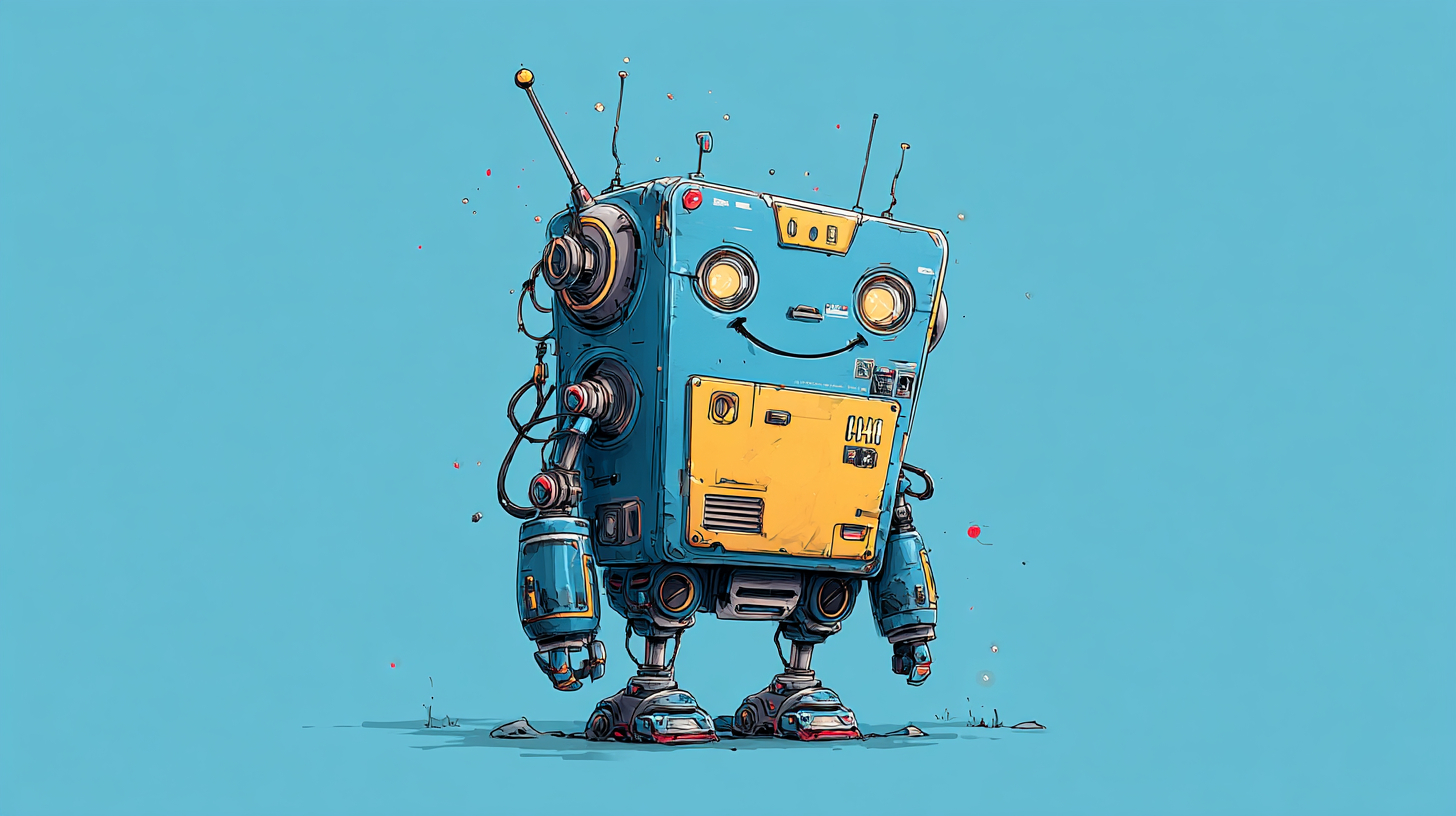Generated by Easy Cloud AI’s Beluga
GPT-4 takes what you prompt it with and just runs with it. From one perspective, it’s a tool, a thing you can use to get useful tasks done in language. From another perspective, it’s a system that can make dreams, thoughts, ideas flourish in text in front of you. GPT-4 is incredibly advanced and sophisticated. It can take in and generate up to 25,000 words of text around eight times more than chat GPT.
It understands images and can express logical ideas about them. For example, it can tell us that if the strings in this image were cut, the balloons would fly away. This is the place where you just get turbocharged by these AIs. They’re not perfect, they make mistakes, and so you really need to make sure that you know the work is being done to your level of expectation.
But I think that it is fundamentally about amplifying what every person is able to do. GPT-4 training finished last August and everything that’s been happening in the past few months up until we’ve released it has been a giant sprint to make it safer, more aligned, and also more useful. We have put in already a lot of internal guardrails around things like adversarial usage, unwanted content, and privacy concerns.
And when we release a model, we know things are not done. We know we have to learn, we know we have to update, we know we have to keep improving all the systems around it to make it suitable for society. To me, the most compelling use cases of these technologies will come from starting with a real human need, the obvious one where these systems have really incredible potential is in education.
GPT-4 can teach a huge range of subjects. Imagine giving a fifth grader a personal math tutor with unlimited time and patience. It’s a great tool to bring learning to everyone in a way that is personalized to their skill level. GPT-4 brings the dream of having the most useful, helpful assistant to life. It’s really about adding as much value to everyday life as possible.
The partnership that OpenAI has with Microsoft is to shape this technology into something that’s going to be useful for the world. The power of AI, hopefully, is that it can help us be more productive, which ultimately leads to better quality of life. The development of the transistor of the computer of the internet, the semiconductor industry, all the programming languages, everything came together to produce AI technology.
And while it is very limited, it is already easy to imagine what the impact of a successor many generations down the line will look like. We think that GPT-4 will be the world’s first experience with a highly capable and advanced AI system. So we really care about this model being useful to everyone, not just the early adopters or people very close to technology.
So it is really important to us that as many people as possible participate so that we can learn more about how it can be helpful to everyone.








